BRAIN FOOD AND THE IMPORTANCE OF IT
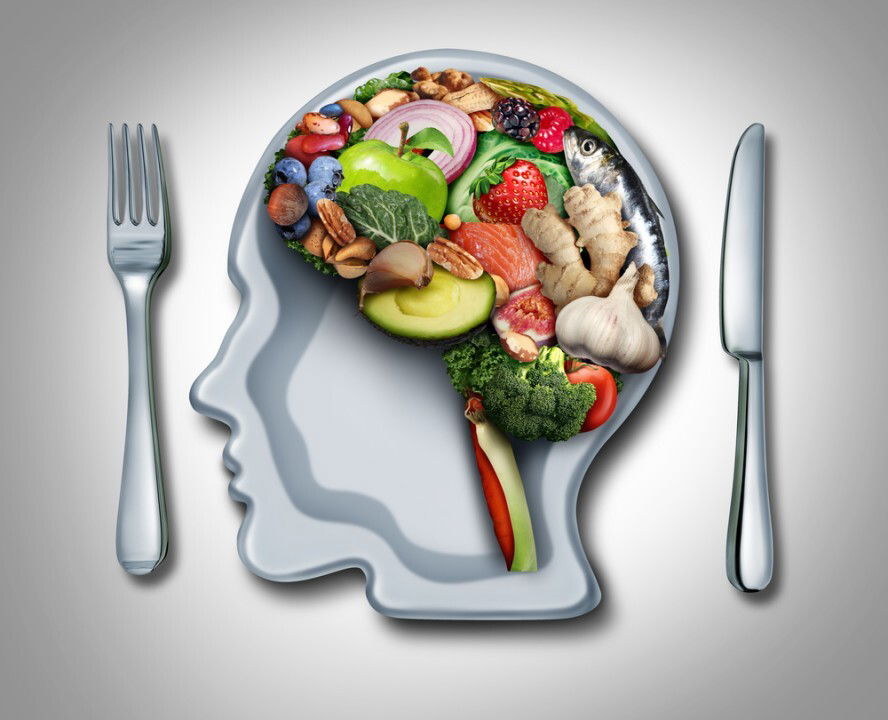
1. Nuts and Seeds
Nuts such as walnuts, almonds, and peanuts, as well as sunflower and pumpkin seeds, are brain foods high in protein and omega fatty acids. Protein is the second largest matter in the brain, second only to water, so it is important to nourish your brain with protein rich foods. Proteins help neurons within the brain communicate with each other through neurotransmitters that are made from amino acids. Amino acids are also found in protein, not to mention that they are packed with omega 3 and 6 fatty acids. These are essential fats that our bodies do not make, but that we need to consume. Omega fatty acids aid in building cells to maintain normal brain function, as well as helping with storage of new memories through the creation of synapses or connections, within the brain.
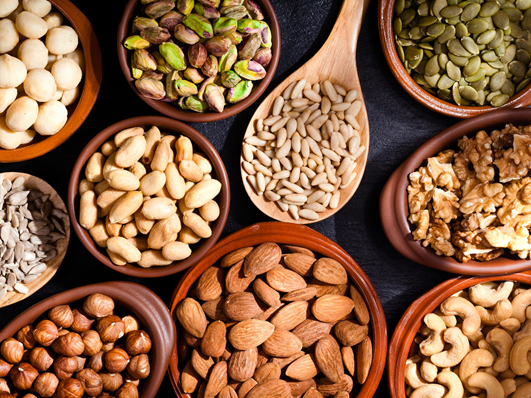
2. Salmon
Oily fish, such as salmon, are high in omega 3, and in particular DHA, a building block of the brain that improves brain function. A higher omega 3 intake has been shown to improve the memory of Alzheimer’s patients.
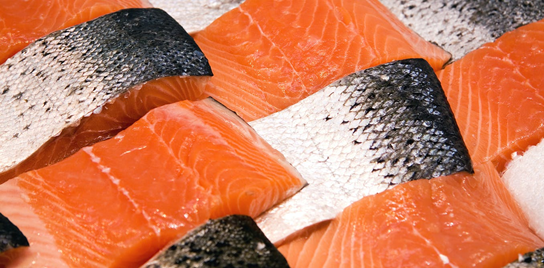
3. Beans
Beans are rich in fiber, B vitamins and omega fatty acids. Fiber helps keep you fuller longer and creates a gradual release of sugar, helping concentration and memory so you can keep a steady work flow throughout the day. B vitamins help convert a chemical compound, homocysteine, into other important brain chemicals like acetylcholine, which aids in creating new memories. And, of course, omega fatty acids are essential for brain development and sustenance.
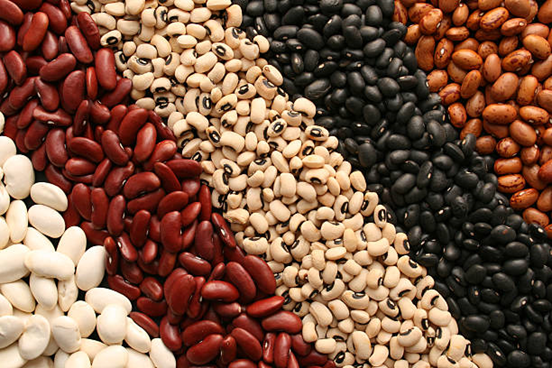
4. Blueberries
Blueberries and other dark berries are rich in antioxidants, which protect against free radicals, making them one powerful brain food. They also help fight against degenerative changes in the brain and enhance neural functioning and communication.
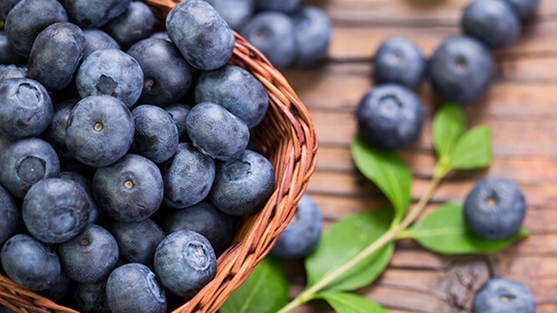
5. Dark and leafy greens
Greens such as kale, spinach and broccoli are high in vitamin E as well as folate. Vitamin E helps protect cell membranes against free radicals. Free radicals are unstable molecules that attack cells within our body. Some causes of free radicals include stress, pollution, radiation and processed food. Folate is also found in dark greens, and helps with normal brain development.
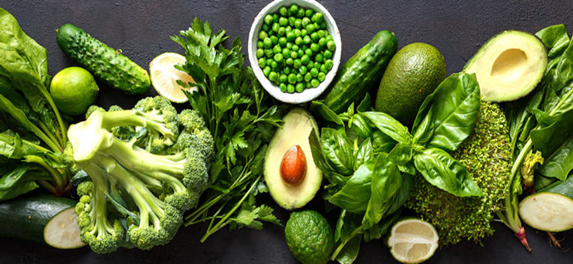
6. Lean Red Meat-No pork
Lean red meats, such as sirloin steak, are high in iron. Iron aids in the production of neurotransmitters, as well as helps blood cells carry oxygen throughout the body, including the brain, aiding in attention and concentration. This can aid in learning new things, and mental stimulation has been shown to ward off Alzheimer’s.
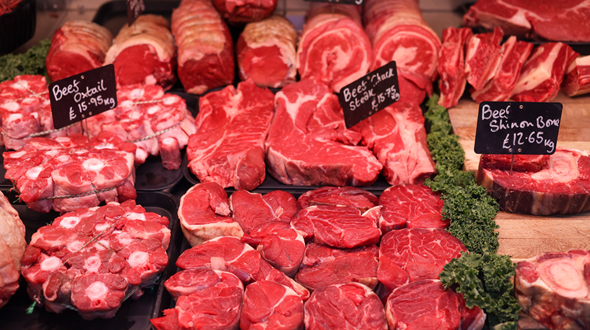
7. Avocados
They are rich and creamy, and filled with omega fatty acids, as well as vitamin E. Omega fatty acids are essential for cell growth and brain development, and vitamin E helps protect cell membranes from free radicals. Vitamin E may also slow progression of degenerative diseases, such as Alzheimer’s, through its protection, maintenance and repair of cells within the brain.
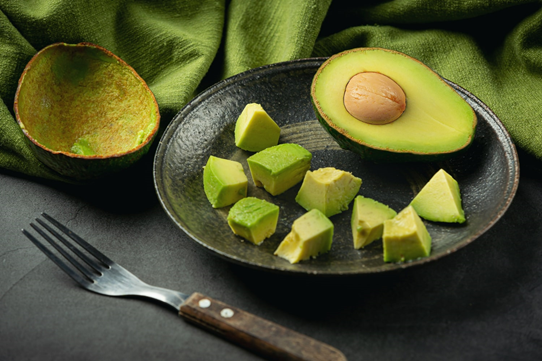
8. Tomatoes
Tomatoes are rich in lycopene, which is an antioxidant. Lycopene regulates genes that influence inflammation and regulates cell growth within the brain.
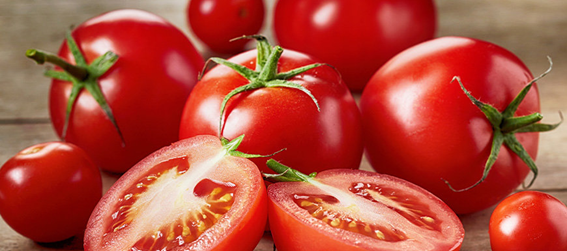
9. Whole Grains
Whole grains contain complex carbohydrates, omega 3s, and B vitamins that all support normal brain function. The complex carbs provide a steady supply of energy that regulate mood and behavior, as well as aid in learning and memory.
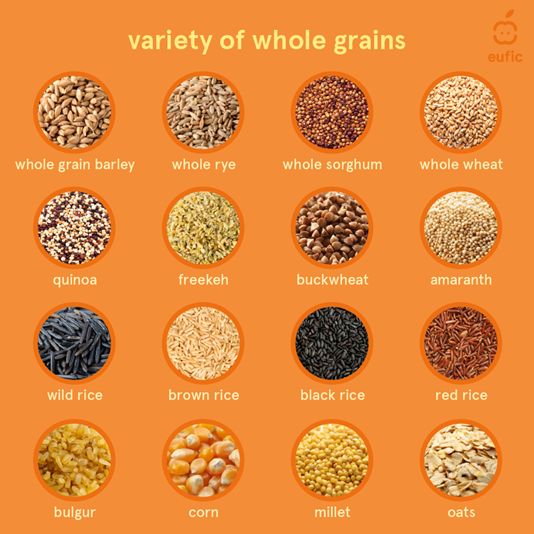
10. Red Cabbage
Red Cabbage is antioxidant rich. These antioxidants help guard against free radicals that attack your DNA, proteins and carbohydrates within the body. Some say that free radicals are what leads to aging and may even be a contributor to Alzheimer's disease.
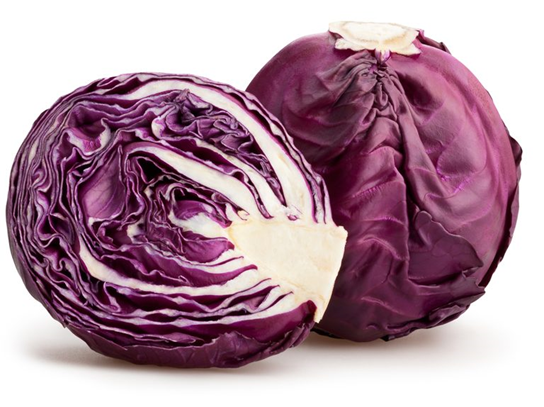
11. Brown Rice
Brown rice is full of B-vitamins, which help convert homocysteine, an amino acid, into important brain chemicals used for learning and creating new memories.
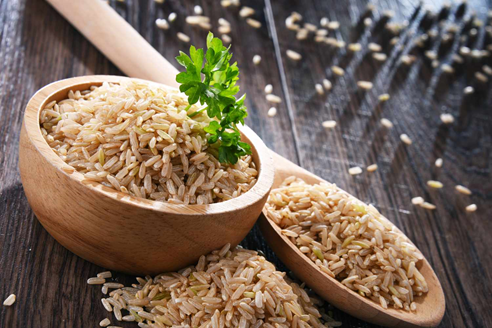
12. Green Tea
Green tea is packed full of antioxidants that help protect against free radicals. Free radicals are unstable, reactive molecules that attack your body’s cells.

13. Red Wine
Not only does it taste good but some studies suggest it’s also good for you. Red wine contains an antioxidant called resveratrol. This antioxidant helps improve blood flow to the brain and aids in attention and concentration. Remember: moderation is key when it comes to consuming alcohol. Recent studies suggest that adults who have one glass of wine per day may reduce their risk of Alzheimer’s disease.

14. Dark Chocolate
Dark chocolate is not only delicious, but it is packed full of antioxidants which, as we know, protect against free radicals. They also support the learning and cognitive functions of the brain, which could delay the effects of Alzheimer’s.
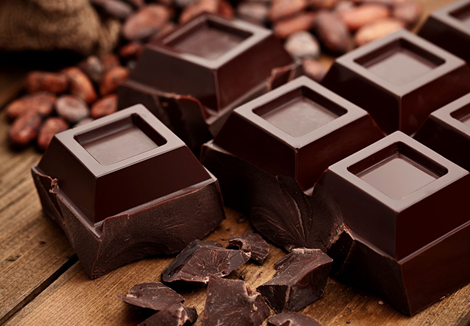
15. Quinoa
Quinoa is high in complex carbs, iron and B vitamins. The brain uses up 20 percent of consumed carbohydrates which is a lot for being just 2 percent of your body mass. Complex carbs are brain food. They provide a steady supply of energy needed for normal brain function. Iron helps blood oxygenate the body and is important for attention and concentration. B vitamins help create brain chemicals that are important for creating memories.
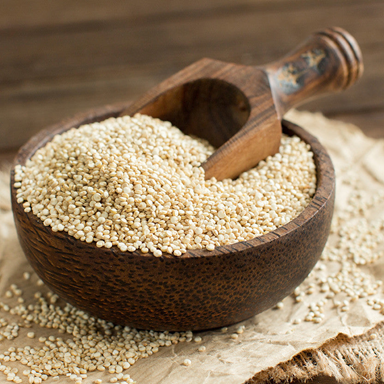
16. Turmeric
Turmeric is a deep-yellow spice that is a key ingredient in curry powder. Curcumin, the active ingredient in turmeric, has been shown to cross the blood-brain barrier, meaning it can directly enter the brain. It’s a potent antioxidant and anti-inflammatory compound that may provide the following benefits (15Trusted Source, 16Trusted Source): May benefit memory: Curcumin may help improve memory in people with Alzheimer’s. It may also help clear the amyloid plaques that occur with Alzheimer’s disease.
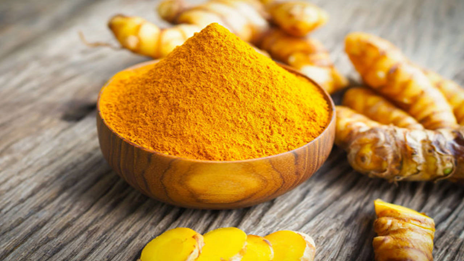
17. Broccoli
Broccoli is packed with powerful plant compounds, including antioxidants It’s also very high in vitamin K, delivering more than 100% of the Recommended Daily Intake (RDI) in a 1-cup (160-gram) serving of cooked broccoli This fat-soluble vitamin is essential for forming sphingolipids, a type of fat that’s densely packed into brain cells. Some research in older adults links a higher vitamin K intake with better memory and cognitive status. Broccoli also contains compounds, such as sulforaphane, that provide anti-inflammatory and antioxidant effects and may help protect the brain against damage. Sulforaphane levels are highly concentrated in broccoli sprouts.
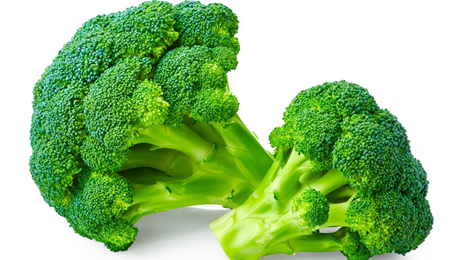
18. Oranges
You can get almost all the vitamin C you need daily by eating one medium orange. Eating oranges and other foods high in vitamin C may help prevent mental decline. According to one study, having higher levels of vitamin C in the blood was associated with improvements in tasks involving focus, memory, attention, and decision speed. Vitamin C is a powerful antioxidant that helps reduce the free radicals that can damage brain cells. Plus, vitamin C supports brain health as you age and may protect against conditions like major depressive disorder, anxiety, schizophrenia, and Alzheimer’s disease. You can also get high amounts of vitamin C from other foods like bell peppers, guava, kiwi, tomatoes, and strawberries.
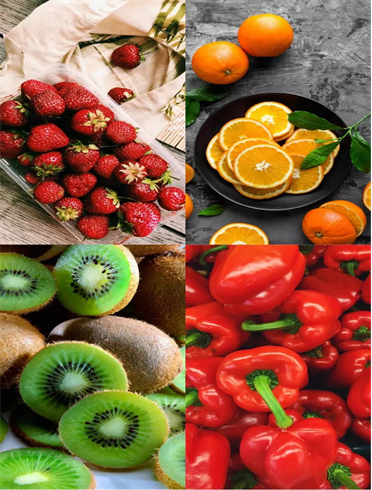
19. Eggs
Eggs are a good source of nutrients tied to brain health, including vitamins B6 and B12, folate, and choline. Choline is an essential micronutrient your body uses to create acetylcholine, a neurotransmitter that helps regulate mood and memory. The liver produces a small amount, but you must get choline from food to get the necessary amount. Higher intakes may be linked to better memory and mental function.
Adequate choline intake is 425 mg per day for most females and 550 mg per day for males. A single egg contains 147 mg (Trusted Source44Trusted Source).
B vitamins found in eggs also support brain health. They may help slow the progression of mental decline in older adults by lowering levels of homocysteine, an amino acid that could be linked to dementia and Alzheimer’s disease.
Being deficient in two types of B vitamins — folate and B12 — has been linked to depression. Folate deficiency is common in older people with dementia, and studies show that folic acid supplements can help minimize age-related mental decline.
Vitamin B12 is also involved in synthesizing brain chemicals and regulating sugar levels in the brain.
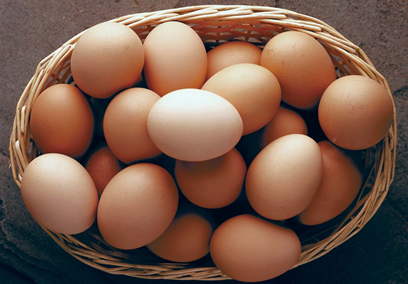
20. Coconut Oil
With so many coconut oil uses, there’s almost nothing that coconut oil can’t help. When it comes to your brain, it can help suppress cells that are responsible for inflammation. It may also help with memory loss as you age and fight bad bacteria that hang out in your gut. Coconut oil and related MTC oil are also two of the most popular fats for people following the ketogenic diet, which research suggests may offer benefits related to reduced Alzheimer’s risk due to ketone bodies having a neuroprotective impact on aging brain cells.
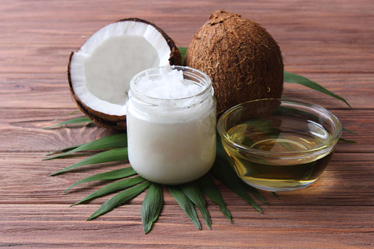
21. Extra Virgin Olive Oil
Real extra virgin olive oil (EVOO) is among the top recommended brain foods due to powerful antioxidants that it provides known as polyphenols, as well as healthy monounsaturated fats. It’s a staple ingredient in the Mediterranean diet and the related MIND diet, which studies show are two eating patterns that are associated with cognitive benefits among older adults.
Including Extra Virgin Olive Oil in your diet may not only improve learning and memory, but also reverse the age- and disease-related changes. The oil also helps fight against ADDLs, proteins that are toxic to the brain and induce Alzheimer’s.
As great as extra virgin olive oil is, remember that it’s not a good option for cooking, as it hydrogenizes and begins decomposing at high temperatures. The best way to get your fill is by having it cold or at room temperature.
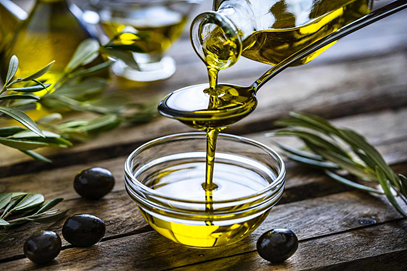
22. Rosemary + Other Herbs
We already knew that rosemary oil has a variety of benefits, but did you know that the herb does, too? Carnosic acid, one of the main ingredients in rosemary, helps protect the brain from neurodegeneration. It does this by protecting the brain against chemical free radicals, which are linked to neurodegeneration, Alzheimer’s, strokes and normal aging in the brain.
It also helps protect eyesight from deteriorating thanks to its high levels of antioxidants and anti-inflammatory properties. Other herbs with similar levels of antioxidants include basil, peppermint, sage, parsley and cilantro.
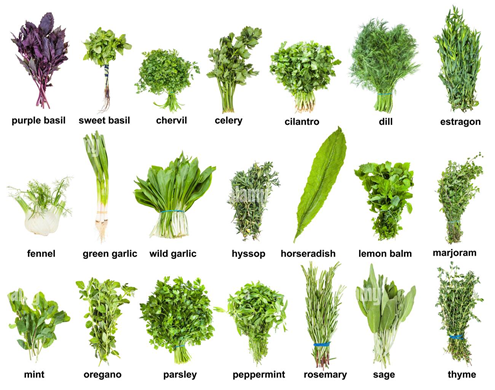
| The 50 Best Brain Foods | |
| Raw Almonds | Limes |
| Almond Milk (unsweetened) | Oats |
| Apples | Olives |
| Asparagus | Olive oil |
| Avocados * | Oranges* |
| Bananas | Peaches |
| Beans (black, pinto, garbanzo) | Peas |
| Bell Peppers | Plums* |
| Beets* | Pomegranates |
| Blackberries* | Raspberries* |
| Blueberries* | Red grapes* |
| Broccoli* | Soybeans |
| Brussel sprouts | Spinach* |
| Carrots | Strawberries* |
| Cheese (low-fat) | Green Tea |
| Cherries* | Tofu |
| Chicken (skinless) | Tomatoes |
| Cranberries* | Tuna |
| Egg whites (DHA enriched) | Turkey (skinless) |
| Grapefruit | Walnuts |
| Herring | Water |
| Honeydew | Whole Wheat |
| Kiwi* | Wild salmon |
| Lemons | Yam & sweet potatoes |
| Lentils | Yogurt (unsweetened) |
*Great Source of Antioxidants


